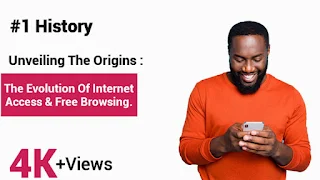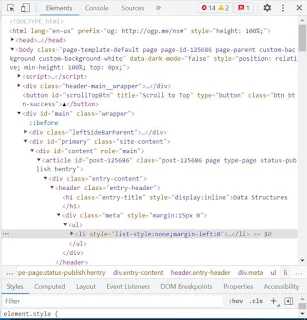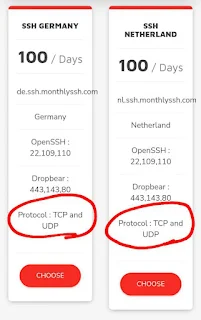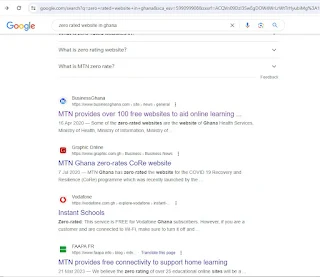Free browsing simply means the process of accessing the internet without paying data charges. It also involves the process of bypassing data restrictions imposed by ISP's or mobile network operators.
Free browsing as we all know didn't start in 21st century, but started as far back as the 1980's after the invention of ARPANET (Advanced Research Projects Agency Network), the network that ultimately evolved into what we now know as the Internet. It wasn't even something that was exposed or publicized for public consumption, it was only used then by Government Researchers to share information.
One thing about the ARPANET is that, its use was limited to academic and research organizations who had contracts with the Defense Department. So these organization were using the ARPANET for free to share information and up till today Internet is still used by Government or government organization to share information and they even render access to the internet to certain institutions. The only change here in 21st century is that, now we all have mobile phones and all have access to the internet.
Do you know that January 1st marks the birthday of the internet?
Well you don't because we like to celebrate New year on the same date than acknowledge such a gigantic invention on that day. Well it's a non living thing so why would humans celebrate it anyway, lol. But at least we should appreciate the efforts of the inventors right?!
January 1, 1983 is considered the official birthday of the Internet because that's was when other networks or what we call Telecoms were created to provide information sharing.
Let me explain this better for those of you who are hearing this for the first time. One of the main aspects of acquiring internet connectivity by ISP's is through National level routers. The national level routers are connected to international networks using (IGWs) international gateways and under sea fibers. The national network get connected to IGWs at different locations for redundancy.
I hope I have explained it.
So when someone tells you that Internet Service Providers(ISP) buy data from international gateways, you should know that they left out the mediator which is the country's (national) level Routers.
These national level routers handle the flow of data between domestic ISPs and international gateways.
Please Note: At this point no one was able to hack the internet.
One thing that various computers were lacking then is a standard way to communicate with each other so a new communication protocol was established known as the Transfer Control Protocol / internetwork Protocol ( TCP/IP) , this allowed different kinds of computers on different networks to communicate with each other.
All networks could now communicate via a universal language.
The ARPANET laid the foundation for the modern internet, and in subsequent years the World Wide Web (www) emerged making the internet more accessible to the general public.
When the internet became widespread, Internet Service Providers (ISP's) began offering subscription models or pay per use plans for the general public to access the web. Free browsing gained traction as technology advanced with people finding clever ways to sneak into the playground without buying ticket.
One notable aspect of the history of free browsing is the rise of the dial up internet service. Alot of people discovered ways to exploit vulnerabilities or bypass payment systems to access the internet.
This, however, often involved unauthorized and potentially illegal activities. Today, even with the prevalence of smartphones and data, users still are able to discover loopholes or alternative methods to access the internet for free without paying any data charges. However these methods don't last long as ISP's figure ways to stop it. The only reason why Hackers are able to launch attacks on social media platforms like Facebook, Twitter, Instagram etc is because they understand the language in which it communicates with. In other to create a website, you need a web developer. A web developer is a programmer who specializes in, or is specifically engaged in, the development of World Wide Web applications using a client–server model. When it comes to website development, the programmer uses programming codes to create your website which you see the end product as text and images etc. For example, in other to show an image on a website using what we refer to as Hypertext Markup language (Html), this is how to insert it in code.
<img src="https://www.w3schools.com/images/w3schools_green.jpg" alt="W3Schools.com">
The HTML <img> tag is used to embed an image in a web page.
The <img> tag has two required attributes:
1. src - Specifies the path to the image
2. alt - Specifies an alternate text for the image
- Open any website on your computer.
- It can be facebook.com or any site.
- After you have opened it, click on inspect.
- You will get all codes on the right hand side as seen in the picture below.
- Open your desired website.
- Right click on website and "View Page Source"
- You will get source code.
That's what am talking about.
It's still been practiced today only just that this time around we all have access to the internet as well.
Click the first link to check if they provide any of the zero rated websites in your country, if they don't, keep on checking the rest of the links till you find one.
If you are in Ghana, i have made the research for you so you don't need to do anything.
Today, config creators are able to use internet language belonging to the TCP/IP family to intercept the ISPs network into believing they are actually using zero rated websites with no data but in reality with the aid of tunneling apps are able to make these internet packets or data packets to run on their whole device.
Note: it's important to note that attempting to bypass data restrictions or engage in activities that violate the terms of service of ISPs may be against the law and can result in consequences such as service termination or legal actions.
Summary :
The concept of free browsing, or accessing the internet without paying data charges, dates back to the 1980s, when ARPANET was created. Initially restricted to academic and research institutions, the internet's accessibility increased with the introduction of mobile phones. The formal birthday of the Internet is January 1, 1983, when networks and telephones were established to facilitate information sharing. The evolution of internet connection includes both national-level routers and international gateways. While some individuals have sought to exploit vulnerabilities for free browsing, this frequently results in unwanted and potentially illegal behavior. The conversation discusses the need of mastering internet languages like TCP/IP, but it also underlines the need for ethical behavior in online activities. Zero-rated websites, which ISPs allow without data costs, are investigated, with users seeking to capture internet traffic via SSH servers and tunneling software. The conclusion promotes responsible internet use and raises knowledge of legal and ethical issues.





